Lucio Blanco Pitlo III, President of Philippine Association for Chinese Studies, and Research Fellow at Asia-Pacific Pathways to Progress Foundation
Dec 13, 2024
ASEAN and BRICS are both international cooperative organizations, much like the G7 - except both are led by non-Western aligned nations. The addition of Indonesia, Malaysia, Thailand and Vietnam to BRICS raises the question of whether these groups can harmonize their goals without disrupting ASEAN's long-standing geopolitical orientation.
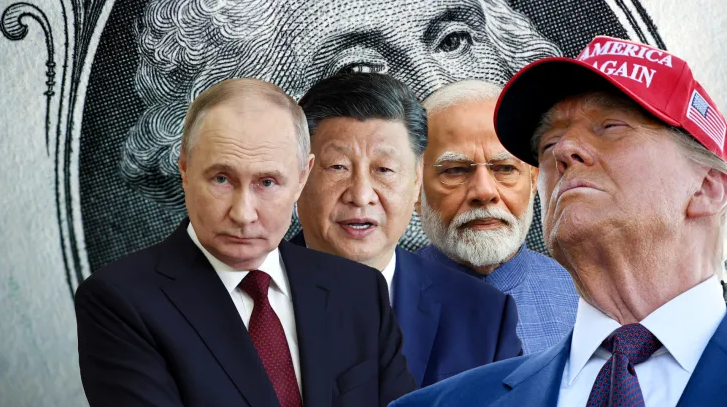
Richard Javad Heydarian, Professorial Chairholder in Geopolitics, Polytechnic University of the Philippines
Dec 13, 2024
The West’s dominating influence around the world has come under heavy scrutiny as open conflicts rage on in Europe and the Middle East. Does this year’s BRICS Summit, hosted in Russia, represent an inflection point in the global community’s tolerance for U.S.-led order?
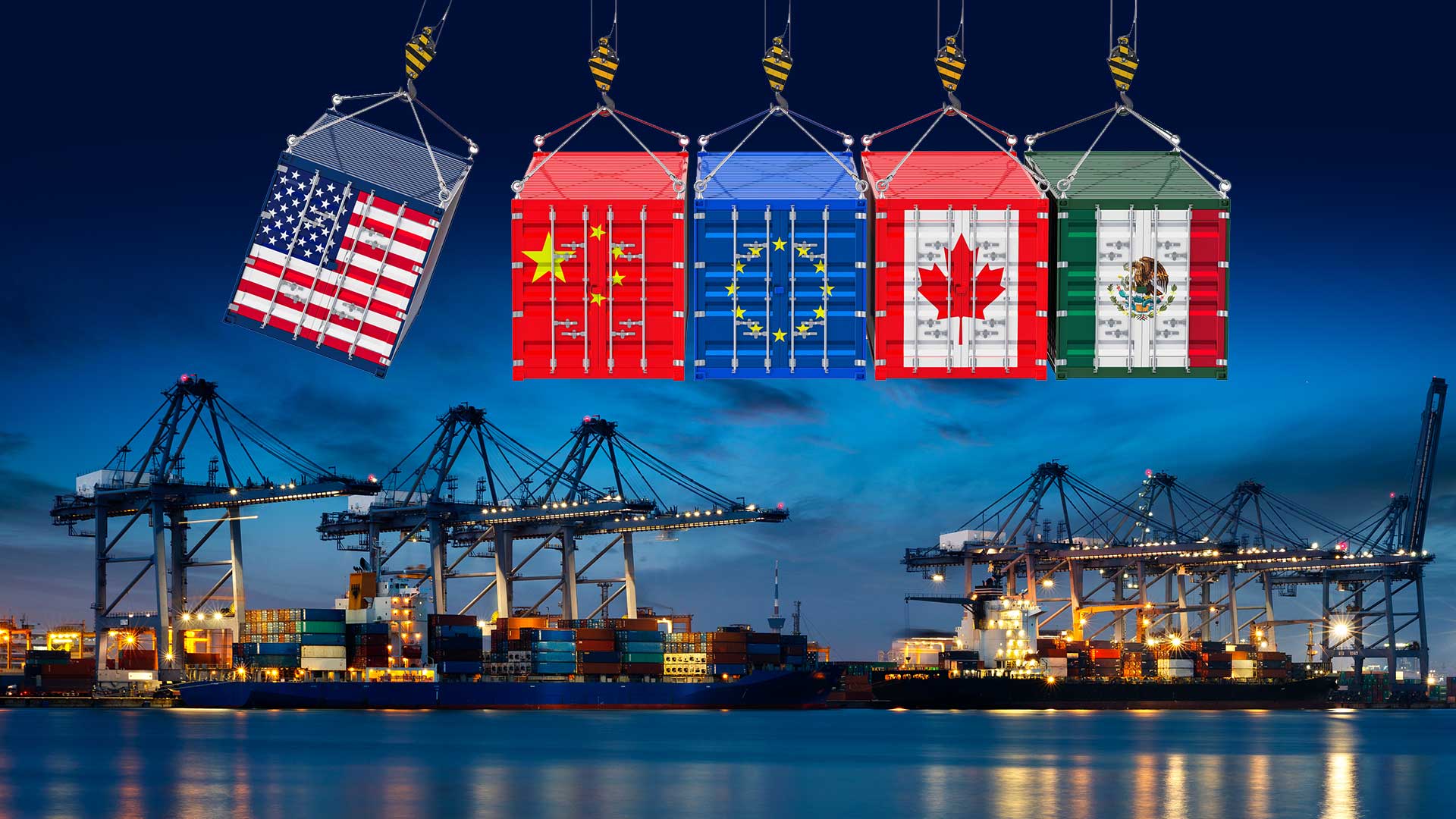
Zhou Xiaoming, Former Deputy Permanent Representative of China’s Mission to the UN Office in Geneva
Dec 13, 2024
BRICS countries, with a combined GDP approximately 1.5 times that of the United States, can be expected to retaliate against promised U.S. tariffs. These countries — many of which are major traders with China — are likely to make Donald Trump regret his bellicose bullying.
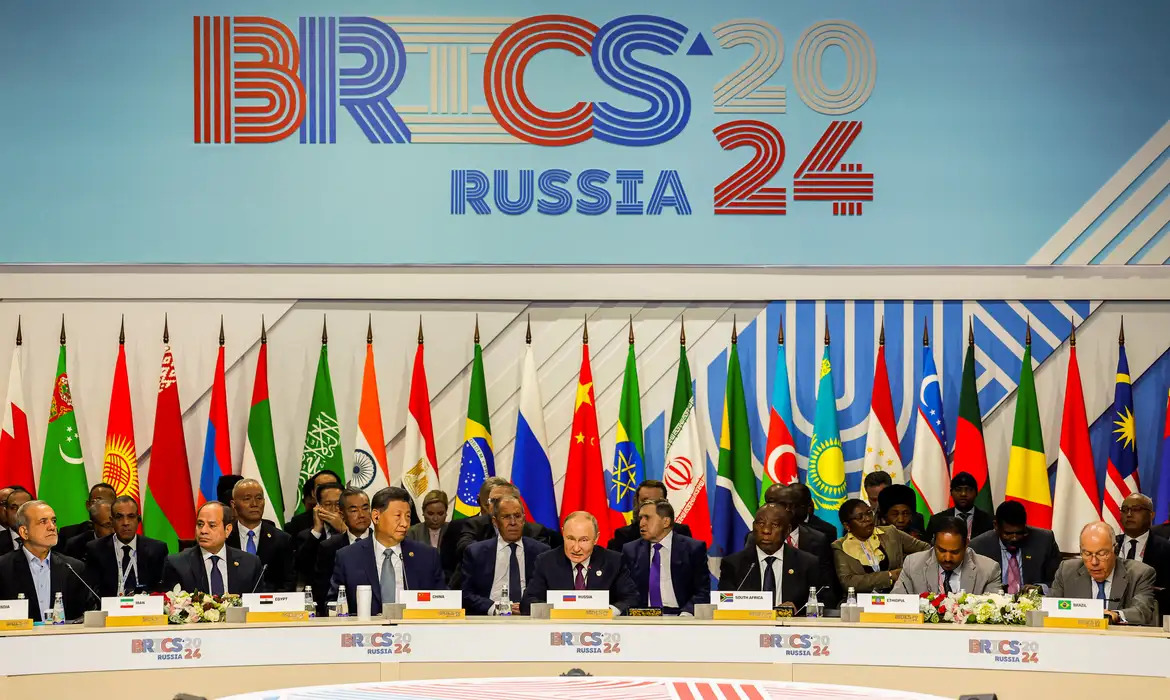
Jodie Wen, Postdoctoral researcher and assistant fellow, Center for International Security and Strategy at Tsinghua University
Nov 18, 2024
Collaborating in various fields after expansion, BRICS members remain dedicated to coping with U.S. hegemony and sanctions, as well as reducing trade and investment barriers and accomplishing common development. The group’s influence is on the rise.
Richard Weitz, Senior Fellow, Hudson Institute
Nov 08, 2024
BRICS represents a major shift in how Global South states are approaching their international agenda, and the latest summit in Russia - amid conflict in Ukraine and changing winds in America - is an opportunity for member nations to play the part of a leader among their peers.
Ghulam Ali, Deputy Director, Hong Kong Research Center for Asian Studies
Nov 08, 2024
Improved bilateral relations will empower the organization, strengthen South-South cooperation and promote multipolarity in international relations. It will also enhance the status of BRICS as a platform to address sensitive issues through diplomacy.
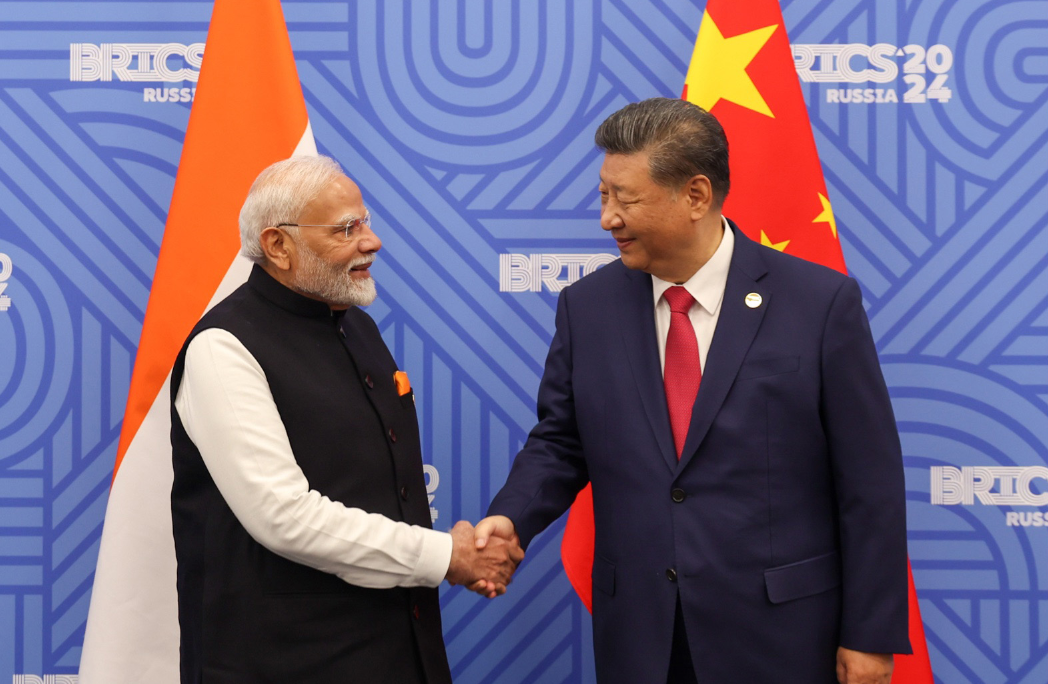
Brian Wong, Assistant Professor in Philosophy and Fellow at Centre on Contemporary China and the World, HKU and Rhodes Scholar
Oct 30, 2024
The recent meeting between Chinese President Xi Jinping and Indian Prime Minister Narendra Modi at the BRICS summit highlights a crucial shift toward economic growth and rebuilding their relationship amid ongoing competition and territorial disputes. Ultimately, it’s imperative the two countries find ways to bolster trust, facilitate communication, and identify common ground moving forward.

Alicia Garcia Herrero, Chief Economist for Asia Pacific at NATIXIS and Senior Fellow at Bruegel
Oct 30, 2024
The recent BRICS summit marked a significant shift toward anti-Western rhetoric and ambitions, as the group's expansion and evolving agenda reflect a desire to reshape the global order. With China emerging as a central player and Vladimir Putin's alignment with its goals, Western nations must not only monitor these developments but also craft more compelling alternatives for Global South countries to counterbalance the group.
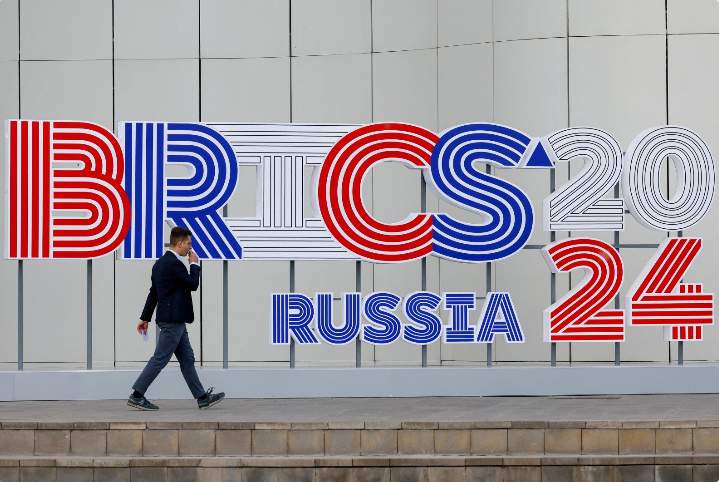
Wang Youming, Senior Research Fellow of BRICS Economic Think Tank, Tsinghua University
Oct 25, 2024
These issues cannot be sidestepped. With the international order standing at a critical crossroads, the international community is closely watching how a “Greater BRICS” could become a new center of global governance, decision-making and discourse.